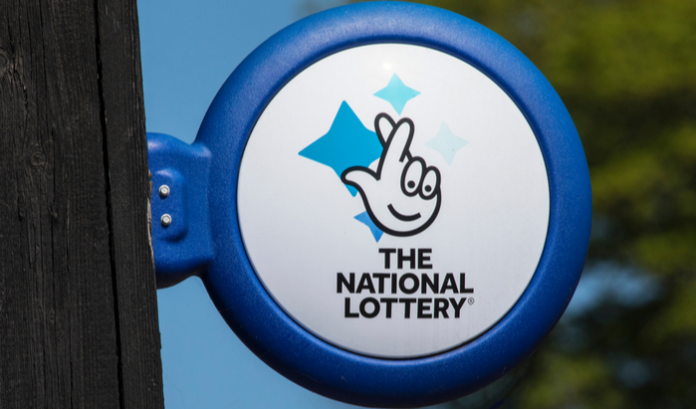Outgoing National Lottery operator Camelot has been taken to court by a disgruntled customer, who argues that the company owes her a £1m payout.
Joan Parker-Grennan asserts that the National Lottery app informed her she had won £1m from an Instant Win Game back in 2015, whilst Camelot asserts it is only liable to pay £10.
The High Court was told that a ‘technical error’ saw several graphics appear on Parker-Grennan’s mobile phone screen, informing her separately that she had won sums of £10 and £1m.
The claimant’s case is based on the notion that Camelot’s defence cannot win at trial, resulting in a ‘summary judgement’, and that she is entitled to some form of judgement as the firm’s computer system failed in its function.
Camelot’s defence has countered that the company is only upheld to pay the £10 prize, as this was the outcome ‘predetermined’ by its lottery computer system.
The outcome of the court case could have significance for the wider lottery sector due to business developments in the years since Parker-Grennan played the instant win game.
Camelot has since changed ownership, having been purchased by Allwyn in November of last year from the Ontario Teachers Pension Plan (OTPP), preceding a change in the National Lottery’s management.
A cross-continental European lottery operator, Allen was awarded the next 10-year licence for the National Lottery by the UK Gambling Commission (UKGC) in 2021.
This brought an end to Camelot’s decades-long reign as the sole operator of the lottery, having been established back in 1994 as a vehicle to secure management.
Watford-based Camelot would subsequently launch a legal challenge against Allwyn’s licence, but this was dropped after the latter agreed to acquire its former bidding rival.
Allwyn is currently set to assume duties as National Lottery operator in February 2024, with the transition period currently underway.
Should the High Court rule in favour of Parker-Grennan, the £1m payout would effectively fall under Allwyn’s remit as the parent company of Camelot.
Meanwhile, the case could also be significant due to Parker-Grennan having won the £1m/£10 figure from an instant win game – the increase in the use of these games was highlighted as a concern during the 2021 bidding contest for the next licence.
MPs from the Conservative and Labour pirates have been critical of Camelot for its increasing adoption of an app-based model, as well as the social responsibility consequences of instant win games, particularly regarding good cause funding.
In October last year, Camelot made the decision to remove some of its flagship instant win games from the National Lottery app, in response to Committee of Advertising Practice (CAP) rule changes.



























